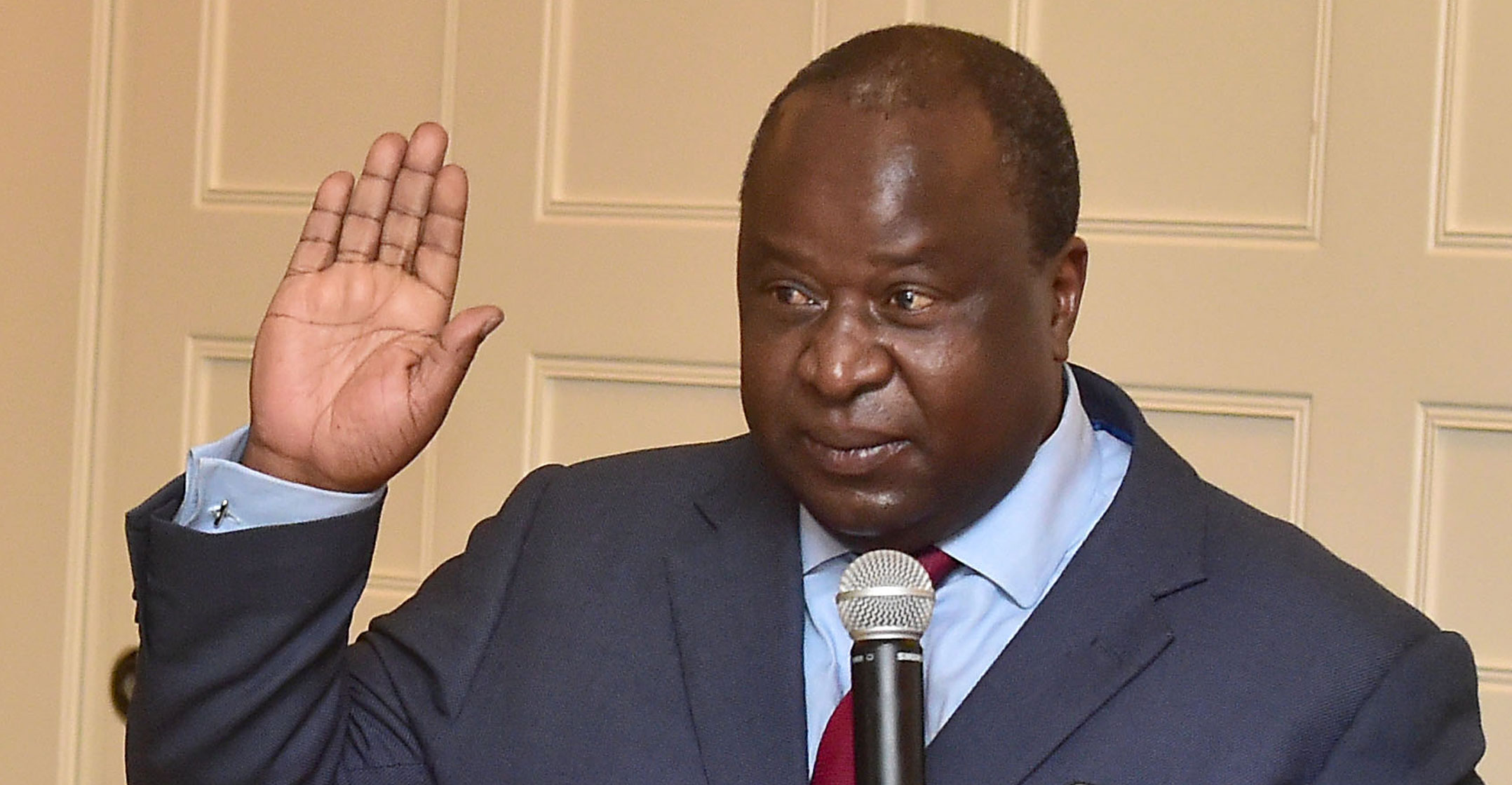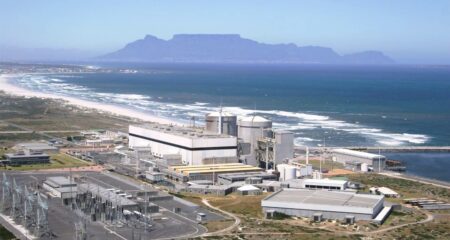
Cash-strapped power utility Eskom should rely on bond markets to raise the funds it needs rather than expecting bailouts from the government, finance minister Tito Mboweni said.
Eskom’s debt has soared to R419-billion, while sales volumes have dropped as businesses and residential consumers go off the grid because of unreliable supply and rising costs. It began imposing rotating power cuts last week as inadequate spending on maintenance has reduced the ability of its power plants to generate electricity. It has also run low on coal, from which it produces most of its power.
Eskom “must go to the market and raise money”, Mboweni said in an interview with Bloomberg Television on the sidelines of the G20 Summit on Saturday. “There’s a limit to what we can do, but nevertheless we have provided guarantees.”
While ratings agencies have flagged Eskom as a key risk to the South African economy, the utility, which sold US$1.5-billion of Eurobonds in August, tapping international markets for the first time in more than three years, is still a strategic and productive asset, according to Mboweni.
“They have got bonds so they can approach the markets, as long as they use that cash so raised in a productive and fiscally responsible manner,” he added.
The state-owned utility, which produces most of the country’s electricity, announced a fourth consecutive day of controlled power cuts on Sunday, trimming as much as 2GW of supply from the grid over 12 hours. The rotational blackouts could be imposed for as long as six months, the utility has said.
Zuma misrule
Eskom’s woes are emblematic of the decline of South Africa’s state companies during the nine-year rule of former President Jacob Zuma, during which corruption surged.
“We are going to reconfigure state-owned enterprises and I further said there will be no holy cows in the process,” Mboweni said. “It’s very clear that it cannot be business as usual and we have to take bold steps to move the country forward. The fiscus is not in a position to continue pouring money into assets which are not productive. This is like pouring water into a sieve and hoping that its going to fill up.”
South African Airways is another state company that’s struggling to fund itself.
“There are discussions about what we need to do, one to get the airline on a better footing if we can, two if we can’t then what needs to be done?” he said. “Can we reconfigure it, can we keep it as it is, can we sell it, can we close it.”
The decision will need to be made by President Cyril Ramaphosa, he said.
My preference is “in my back pocket”, Mboweni said. “He knows my position.” — Reported by Erik Schatzker, Amogelang Mbatha and Andres R Martinez, (c) 2018 Bloomberg LP




